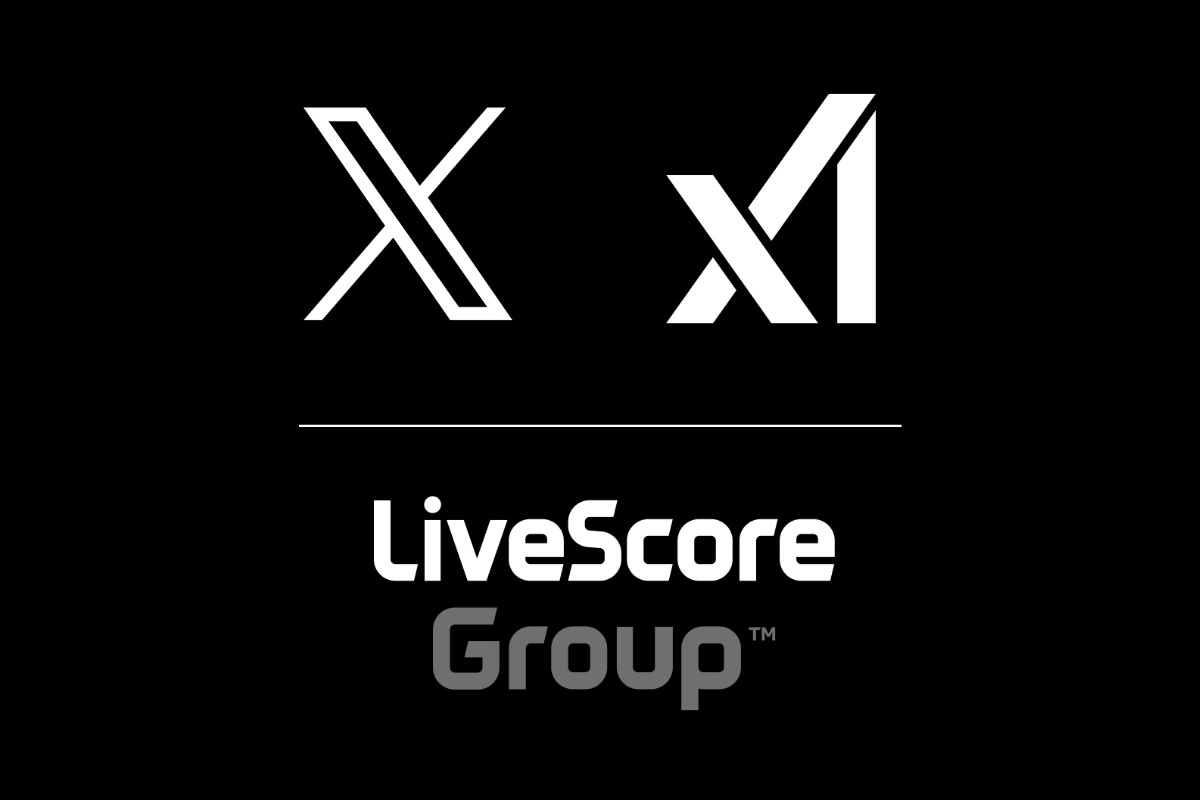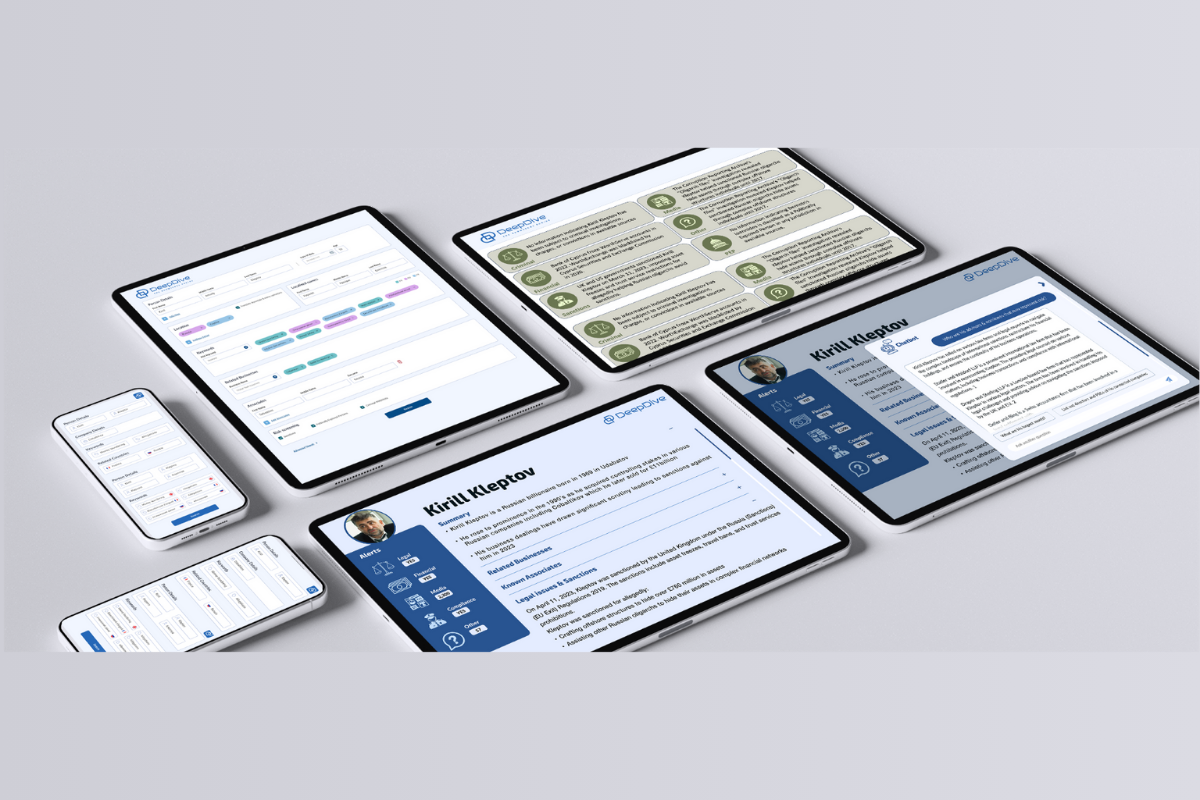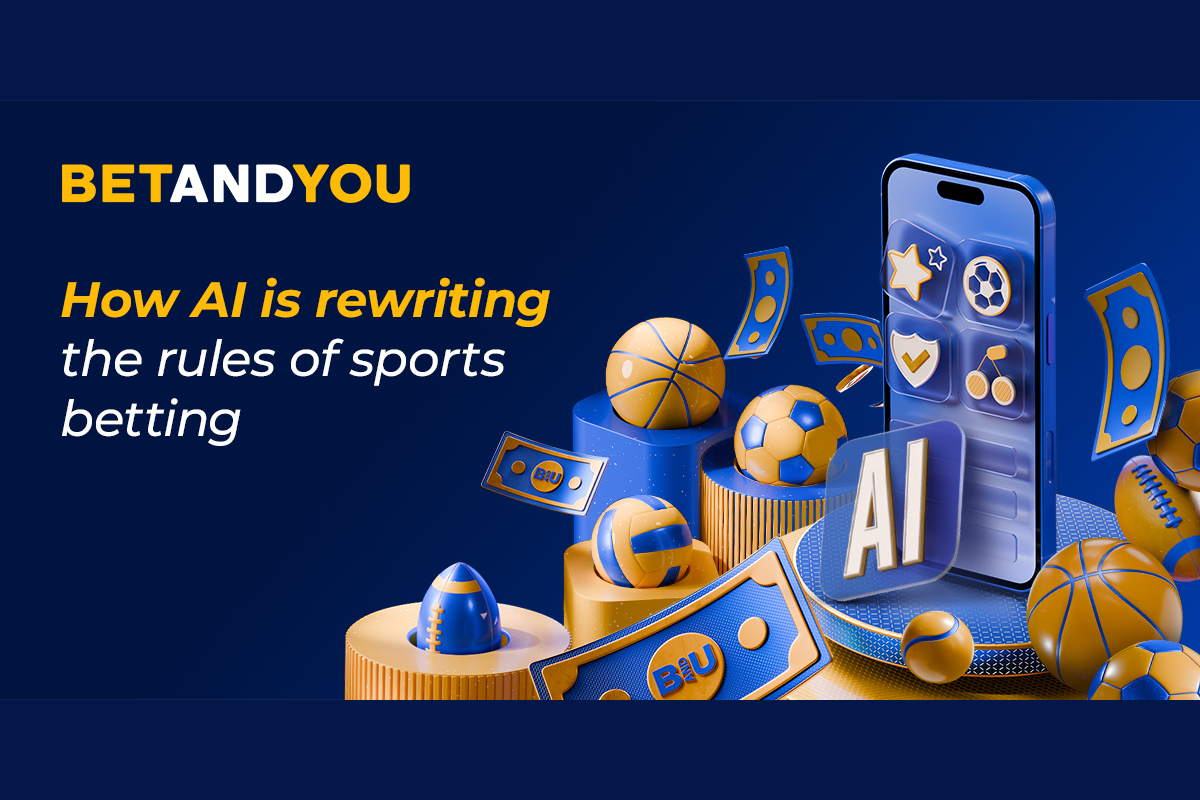Latest News
From Personalisation to Prediction: What is the Real Impact of AI on Online Casinos?

Although most people recognise the value of using AI for personalisation, among other things, it seems that the iGaming industry is only starting this journey. However, AI is no longer just a hype: rather, it is—or should be—a strategic priority in iGaming.
The benefits of data harvesting with AI are practical, focused on utilising user analytics for personalisation, prediction, and customer retention. AI and machine learning technologies have come a long way from simple recommendation widgets on websites and apps. Nowadays, specialised models map user behaviour across gaming sessions, devices, and payment types.
Online casino operators use personalisation to create tailored lobbies, smarter promotions, and game suggestions that adapt in real time to enhance a player’s gaming experience. For example, an Australian player’s predictive profile could suggest popular real money casinos in Australia and highlight offers that would be of interest to this particular player. Such personalised promotions can include local and strategically timed reload bonuses, cashback offers, or bespoke gamified content that is beneficial to both operators and players.
For operators, personalisation speeds up player discovery and increases conversion rates. Predictive AI gaming models estimate the lifetime value, as well as the churn risk, of each player. Product teams then use this predictive scoring to prioritise reacquisition efforts and decide which players receive offers.
Vendors like Epoxy.ai provide AI- and ML-driven personalisation solutions specifically for the betting and iGaming industry. Tools such as Epoxy stitch behavioural signals into responsive product layers, creating a tailored user experience in casinos when applied.
The use of personalisation in websites and apps is supported by evidence that bettors and iGamers have come to expect it. Research carried out by Betting Hero in 2023 found that 80% of customers rated personalised offers and bets as “valuable” or even “highly valuable”. In addition, 75% of customers found non-personalised apps difficult to navigate.
One very effective way of leveraging player data is to create an experience that Epoxy nicknamed “Betflix”. Such personalised casino websites and apps are tailored to the customer’s gaming preferences, much like popular streaming service Netflix or e-commerce sites like Amazon do.
But as personalisation technologies grow and thrive, so does AI-driven fraud: another reason why it is of paramount importance that online casinos adopt AI and ML technologies sooner rather than later.
In addition to personalisation, Machine Learning (ML) is used to ensure compliance and improve security. Players can, and do, try to use AI tools and bots to cheat in online casinos. Examples of these include poker bots or blackjack card counting tools.
Some players even believe that AI can be used to “crack” slot RNGs (random number generators). This, however, is mostly a myth, as any software that claims to predict outcomes is usually a scam. Regulated online slots use certified RNGs that make prediction impossible.
AI-powered fraud detection and anti-money laundering tools can flag unusual betting behaviour or session length, collusion across accounts, or suspiciously “perfect” play.
AI is introducing threats that are increasingly more dynamic, personalised and difficult to predict. SEON, a company specialising in AI cybersecurity and AI fraud prevention, found that 77.4% of senior fraud leaders agree that AI-driven fraud is evolving faster than their current systems can detect and prevent.
According to SEON, 57.3% of iGaming operators report a rise in fraudulent activity over the past year. Bonus abuse (46.7%), payment fraud (34.7%) and identity fraud (32%) were cited as the top three most common threats. Chargeback fraud (24%) and account takeovers (22.7%) are also rising.
AI adoption in iGaming can no longer be held back by the siloed approaches. Success requires change beyond tech: teams need shared goals and in-house AI ambassadors that can drive adoption. Organisations also need the skills and testing discipline.
The integration of these technologies goes beyond customer-facing applications. AI can help optimise operational efficiencies in casinos by streamlining resource allocation, enhancing staffing models, and predicting peak demand times.
Those iGaming operators that take a unified approach to data, product, and customer relationship management will gain the edge over their competitors. And this is sure to show in their customer retention.
-

 Asia6 days ago
Asia6 days agoDigital gaming disruption tackled in 1st AsPac Regulators’ Forum
-

 Africa6 days ago
Africa6 days agoBetKing Renews Ikorodu City FC Partnership for 2025/26 NPFL Season
-

 Compliance Updates6 days ago
Compliance Updates6 days agoKongebonus statement: Norway’s election result signals gambling policy continuity, but licensing debate is set to intensify
-
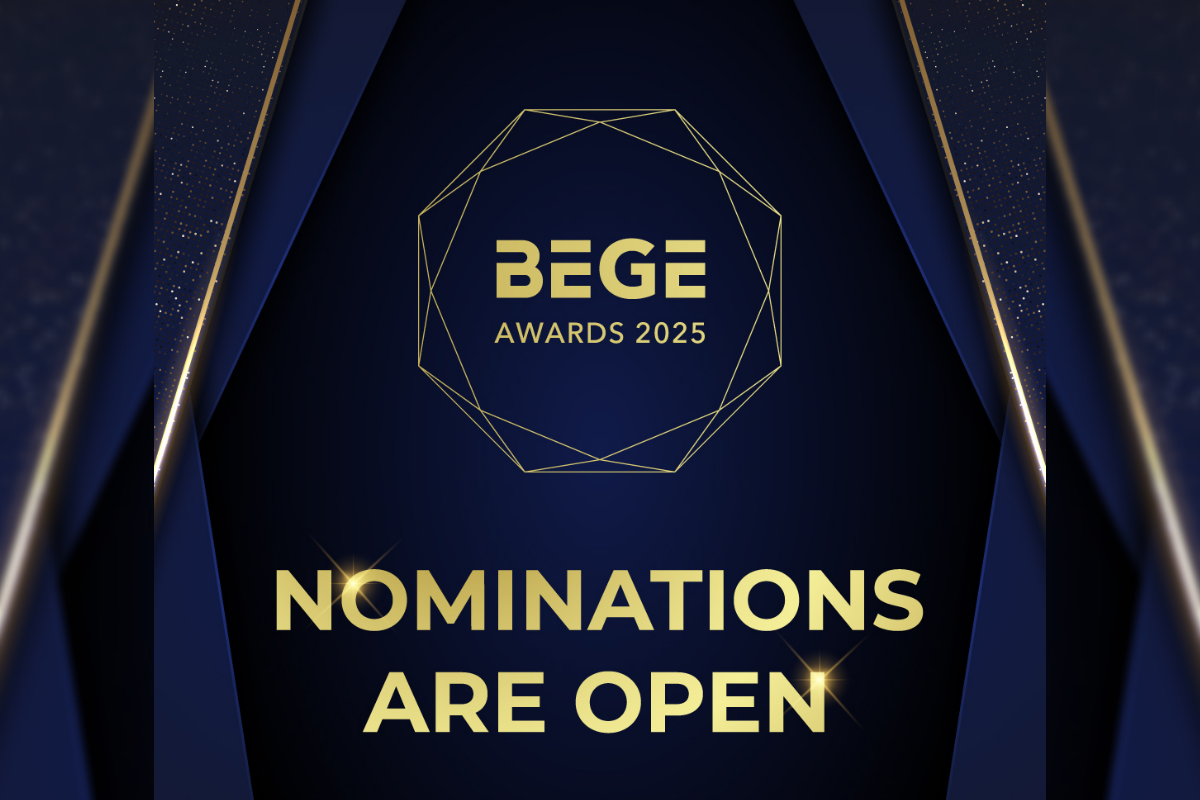
 Balkans6 days ago
Balkans6 days agoBEGE Awards Nominations Now Open – Celebrating 16 Years of Industry Excellence!
-

 Latest News6 days ago
Latest News6 days agoWin a Fruity Fortune in BGaming’s Bonanza Trillion
-
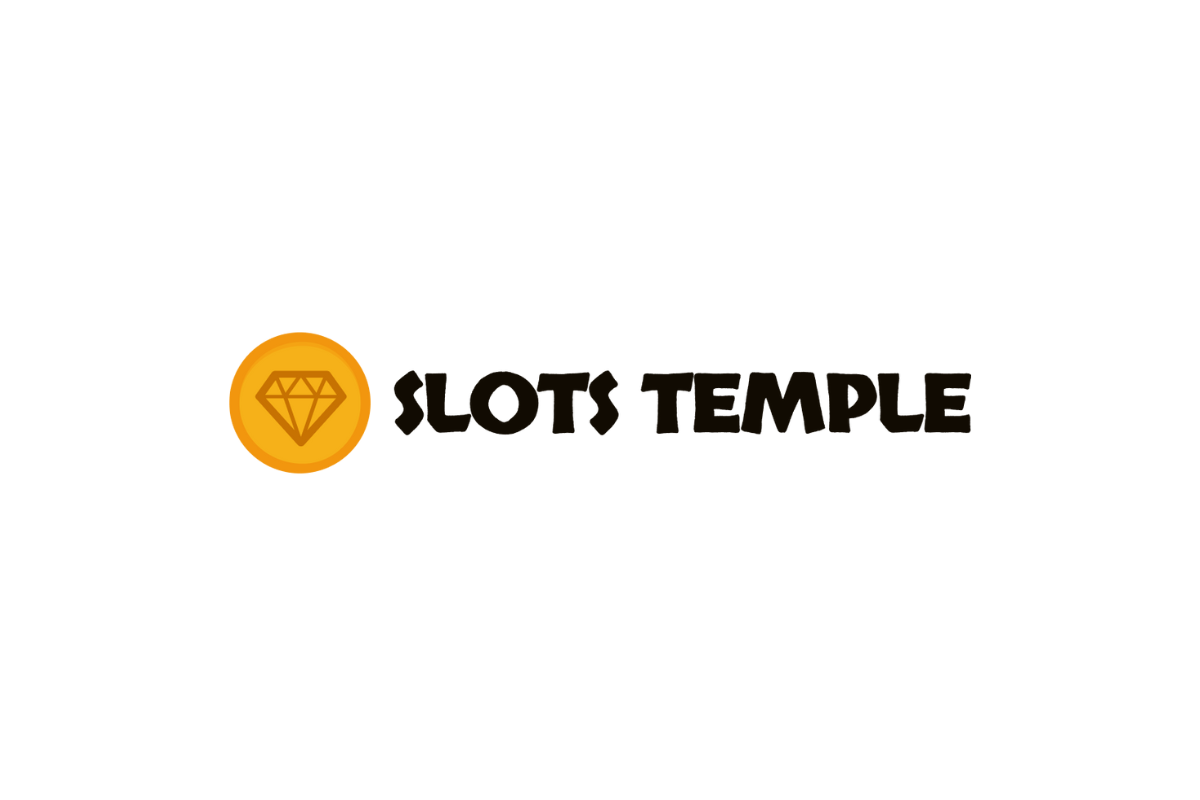
 Latest News6 days ago
Latest News6 days agoSlots Temple Announces Exclusive Free-to-Play Tournament Partnership with Pragmatic Play
-

 Latest News6 days ago
Latest News6 days agoSaddle up for big wins under the Bison Moon with the latest slot from Northern Lights Gaming
-

 Latest News6 days ago
Latest News6 days agoAnswer the Call of the Wild: ELA Games Unveils Its Latest Game “Buffalo Force”






